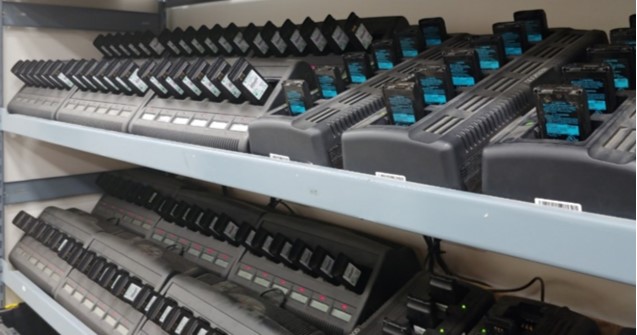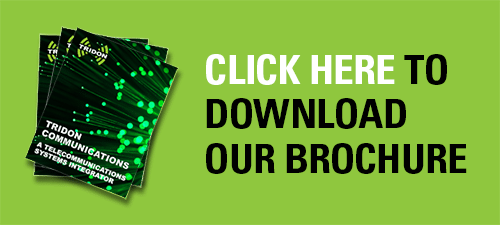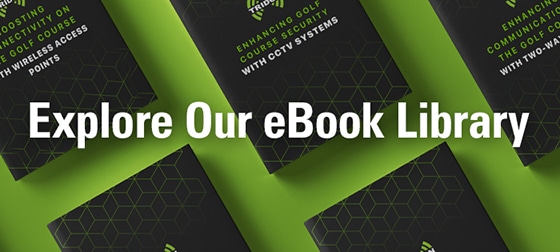
The Benefits of Recycling Two-Way Radio Batteries
Electronic waste is one of the fastest growing sources of pollution in Western Canada and the world. It includes any discarded electronics such as computers, mobile phones, two-way radios, and other electrical items that are no longer used or needed. Without proper recycling efforts, this type of waste can have serious consequences on our environment over time.
Recycling two-way radio batteries is an important and necessary practice to maintain a healthy and sustainable environment. Two-way radios, also known as walkie-talkies, are portable communication devices that require battery power to operate. By recycling these batteries, individuals can significantly reduce the amount of waste that ends up in landfills while also helping conserve Earth’s precious resources.
Recycling two-way radio batteries has a positive social impact on our communities and environment. Recycling is an important part of reducing waste that ends up in landfills or being incinerated, thereby decreasing air pollution and other environmental concerns associated with improper battery disposal.
Additionally, by taking steps to recycle these materials responsibly, individuals can help ensure that future generations will be able to enjoy the same resources we have today. Finally, recycling two-way radio batteries can help create jobs in the green economy by providing a steady supply of materials for new products such as electric cars and renewable energy sources.
How To Properly Dispose of Your Old Two-Way Radio Batteries
Properly disposing of two-way radio batteries is an important part of maintaining a safe and efficient communication system. It’s also necessary to ensure that the environment is protected from hazardous materials that can leach into the soil or water. There are several options available for safely disposing of old two-way radio batteries, such as drop off locations, collection events, and mail-in programs in Western Canada.
Drop off locations offer convenient solutions for disposing of two-way radio batteries in their local area. Local recycling centers, government buildings, and hardware and retail stores typically have designated areas where people can leave their used batteries for proper disposal. Check with your local recycling center, hardware store, or government building to see if they accept two-way radio battery disposal.
Collection events are another option for disposing of two-way radio batteries. Many cities and counties host collection events that allow residents to drop off their hazardous waste in designated areas. These collection events typically occur at least once a year, so check with your local government for more information on upcoming collection events near you.
Mail-in programs are another way to safely dispose of old two-way radio batteries. With a mail-in program, you can send your used battery to approved companies who will recycle it properly and safely. Most mail-in programs charge a fee for recycling services but provide an easy and convenient solution for getting rid of your old two-way radio batteries without having to leave your home.
Best Practices for Battery Recycling Centers
When it comes to best practices for battery recycling centers, there are a few things to keep in mind. For one, it is important to research their policies before making jumping in your car or sending your battery in. Many centers will accept all types of rechargeable batteries, such as Li-ion and NiMH, while some may only accept other kinds. Additionally, some centers may require special packaging and safety measures for the batteries being recycled. Therefore, it’s essential to check with the center ahead of time so that you can properly prepare your batteries for recycling.
In addition to researching the specific requirements of each facility, many people overlook Ni-cad battery disposal when looking into proper battery recycling practices. This type of battery uses nickel cadmium as its main ingredient and is typically found in medical equipment, power tools, toys, and rechargeable flashlights. It’s important to dispose of these batteries properly since they can contaminate landfills with heavy metals such as cadmium if not handled correctly.
Contact Tridon Communications Today
Two-way radio accessories are a great way for forestry workers to stay connected while working in the field and ensuring their safety. Chainsaw helmets with Bluetooth connectivity improve communication and provide added protection and comfort, while forestry helmets with radios deliver enhanced audio quality and range. In addition, two-way radio systems offer improved communication and safety by allowing hands-free use of two-way radios. By providing enhanced protection and convenience, two-way radio accessories are essential for forestry workers looking to stay safe while working.
Contact Tridon Communications if you have any questions about our two-way radio solutions for forestry work. We look forward to hearing from you.



